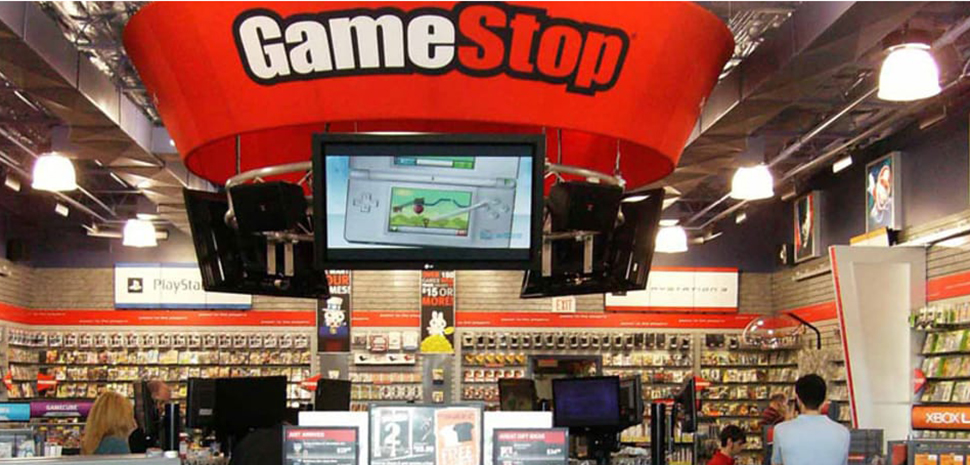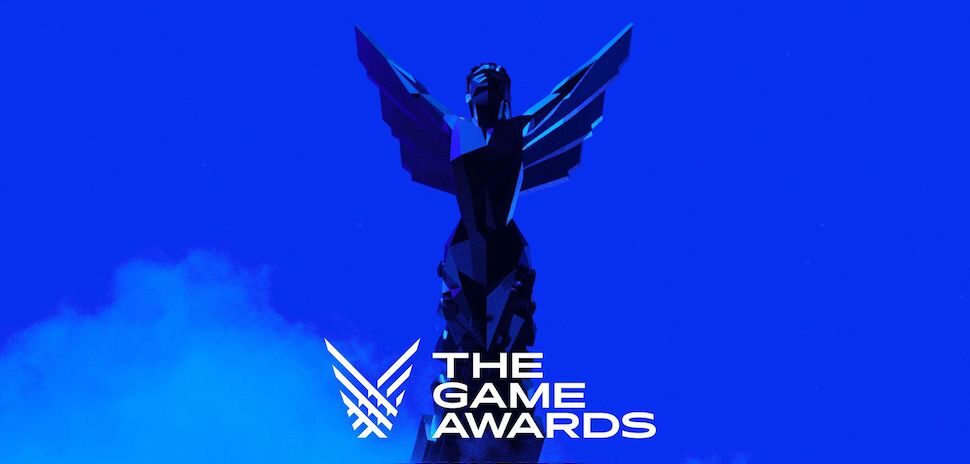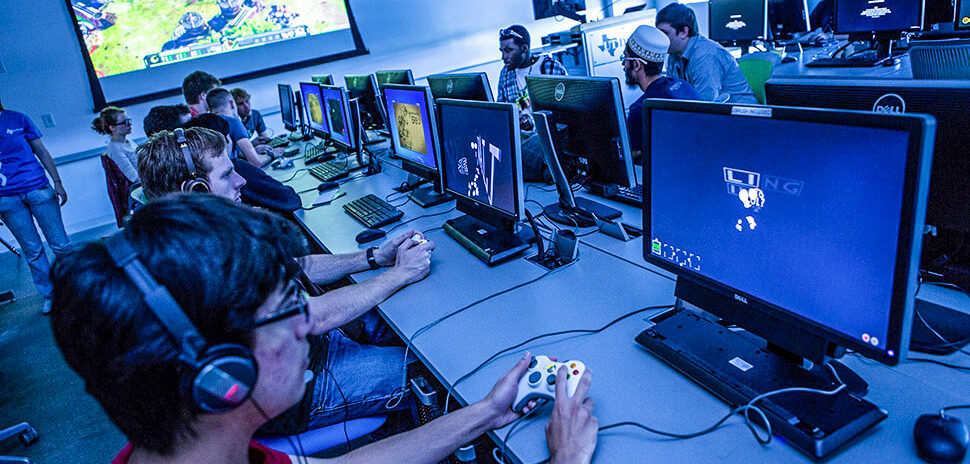Is GameStop taking us through a time warp back to the 1990s with its new in-store used video game rental service called PowerPass?
Judging from what the industry press is saying, you’d think so.
Grapevine-based GameStop (NYSE: GME) is harkening back to the model created by Blockbuster Video with its program, Mashable reported.
The service is open to GameStop Power-Up Reward members only, but creating a Power-Up Rewards account is free.
GameStop said the service will launch during the upcoming holiday season, with sign-ups for PowerPass beginning on Nov. 19, according to Mashable.
Here’s how it works:
You pay up front for the rentals. A six-month subscription costs $60, which lets you swap games anytime without additional cost, Mashable said. The six-month plan is the only one available, but once the subscription is up, you will get a perk — you can choose one game to keep, for free.
The program limits customers to one game checked out at a time.
GAMESTOP SEEKS TO MONETIZE ITS USED GAME INVENTORY
Mashable said the service may be a way for GameStop to monetize is cache of used games at a time when video game retailing is become more of an online venture and the number of used games being taken in by GameStop is lower.
The rental concept served Blockbuster well for many years, but changing times and new technologies such as streaming video eventually did the formerly Dallas-based company in.
Created in 1985, the first Blockbuster store opened in Dallas the city that would be its headquarters location for years.
According to Quartz, in 2000, Blockbuster took in $800 million in late fees (remember those?), accounting for about 16 percent of the company’s revenue that year.
By 2004, Blockbuster had 9,000 stores, but was competing with a powerful competitor founded in 1997 — Netflix.
Blockbuster filed for bankruptcy in 2011, and the then McKinney-based company was bought by Dish Network. Blockbuster announced in 2013 that it was closing the remaining U.S. corporate stores.
As of June, fewer than a dozen Blockbuster stores were still in existence nationwide, seven of them in Alaska, Business Insider reported.
![]()
Get on the list.
Sign up to keep your eye on what’s new and next in Dallas-Fort Worth, every day.
And, you’ll be the first to get the digital edition of our new Dallas Innovates magazine:
The annual edition publishes in January
![]()






























